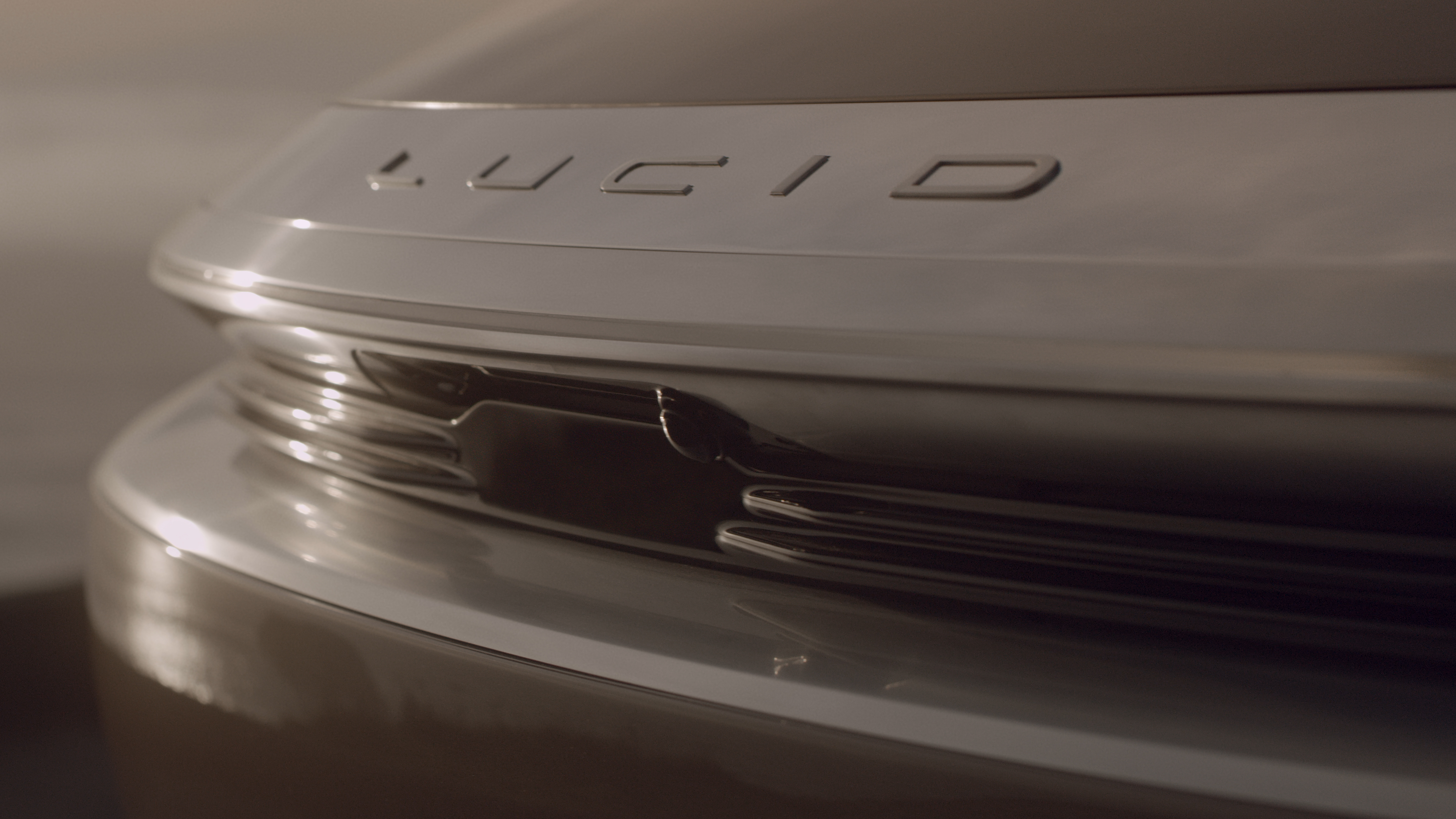Lucid Motors’ all-electric Air will have 32 sensors, including lidar to support hands-free highway driving
Lucid Motors is loading up its first electric vehicle with hardware — dozens of sensors, a driver monitoring system and an Ethernet-based architecture — for an advanced driver assistance system that aims to match and even surpass its rivals.
There will be 32 sensors in all, according to Lucid, which has branded its advanced driver assistance system DreamDrive. The total number isn’t what matters. The type and location — and of course, the software — does. For now, Lucid is just providing details on the hardware.
The Air, which is set to debut September 9, will come with one lidar, radars, cameras and ultrasonic sensors. Lidar — the light detection and ranging radar that measures distance using laser light to generate a highly accurate 3D map of the world around the car — is a noteworthy inclusion. The sensor is typically used on autonomous vehicles, not the production cars, trucks and SUVs that consumers will buy and drive. Lucid said its long-range lidar sensor will be placed in the front of the vehicle.
There is a small and growing list of automakers that have plans to include lidar in their production vehicles as well. Volvo revealed in May plans to start producing vehicles in 2022 that are equipped with lidar and a perception stack — technology developed by Silicon Valley startup Luminar that the automaker will use to deploy an automated driving system for highways.
The number of radar sensors and their location is also a standout feature. Lucid will have five radars in all, one located in front to augment the capabilities of the lidar. The other four will be located on the four corners of the vehicle. This gives the Air 360 degrees of radar coverage. Tesla, which has an advanced driver assistance system that is widely considered to be the most or among the most capable on the market today, has eight cameras, 12 ultrasonic sensors and just one radar. Tesla vehicles do not have lidar.
Inside the vehicle, will be a driver monitoring system with a dedicated camera. Lucid Motors didn’t reveal much about its DMS. However, it’s likely to operate similarly to GM’s hands-free system known as Super Cruise. Eugene Lee, the senior director of ADAS and autonomous driving at Lucid Motors, formerly worked on GM’s Super Cruise.
Underlying all of this will be a high-speed Ethernet Ring, which Lucid describes as a unique cornerstone of advanced electric architecture. Automakers have been moving towards Ethernet technology for several years now in an effort to create a centralized network that simplifies the deployment of advanced features. Lucid said its ring, and not linear, design is what allows for a redundant platform for functions such as steering, brakes, sensors and even power sources. The system also allows for over-the-air software upgrades, an important feature (popularized by Tesla) that gives Lucid the ability to improve the ADAS over time.
All this hardware will come standard on the first iteration of the Lucid Air, a pricier and more exclusive launch version called the Dream Edition. Lucid is sourcing its hardware system from several large suppliers, including Bosch, Continental and Here. The automaker said it integrates the hardware in house.
The aim is for all of this hardware to support high functioning driver assistance features, eventually including hands-free automated highway driving. This ADAS package will not only offer Level 2 features, but is also Level 3 ready, according to Lee. There are five levels of automation under SAE’s definition. Level 2, is in which two primary functions are automated, and still have a human driver in the loop at all times. Level 3 takes that up a notch and is considered conditional automation in geofenced areas such as highways. Driver must still be prepared to intervene with Level 3.
Lucid said its DreamDrive tech will support 19 safety, driving and parking assist features that will be available as soon as the Air rolls off the assembly line. The automaker plans to add eight more features at a later date.
Lucid said the system will include safety features such as surround view monitoring, blind spot display, cross traffic protection that informs the driver of vehicles perpendicular to them, traffic sign recognition, automatic emergency braking and alerts for distracted or drowsy drivers.
The driving assistant features will include adaptive cruise and lane centering for highway driving, headlight assist and an alert that tells the driver when standstill traffic has started to move again. It will also offer what Lucid describes as autonomous parking.
from TechCrunch https://ift.tt/3f8AiUG
via IFTTT

Comments
Post a Comment